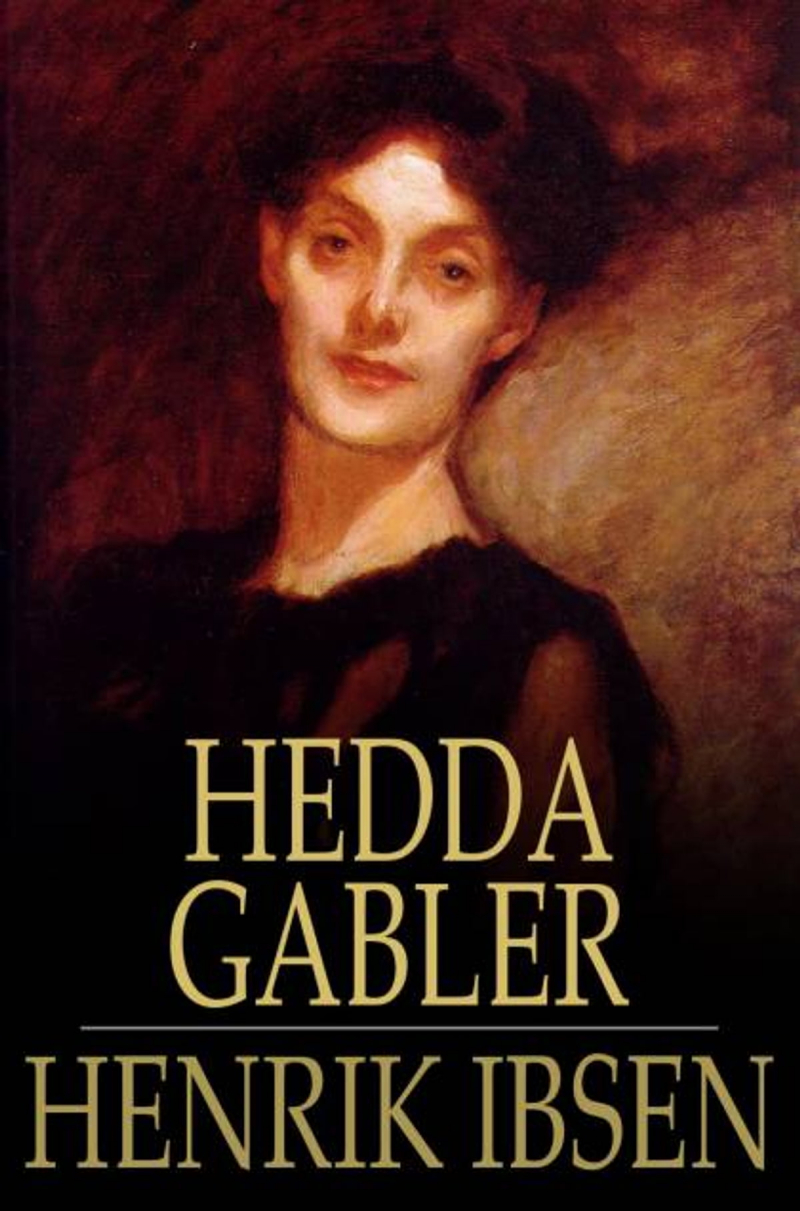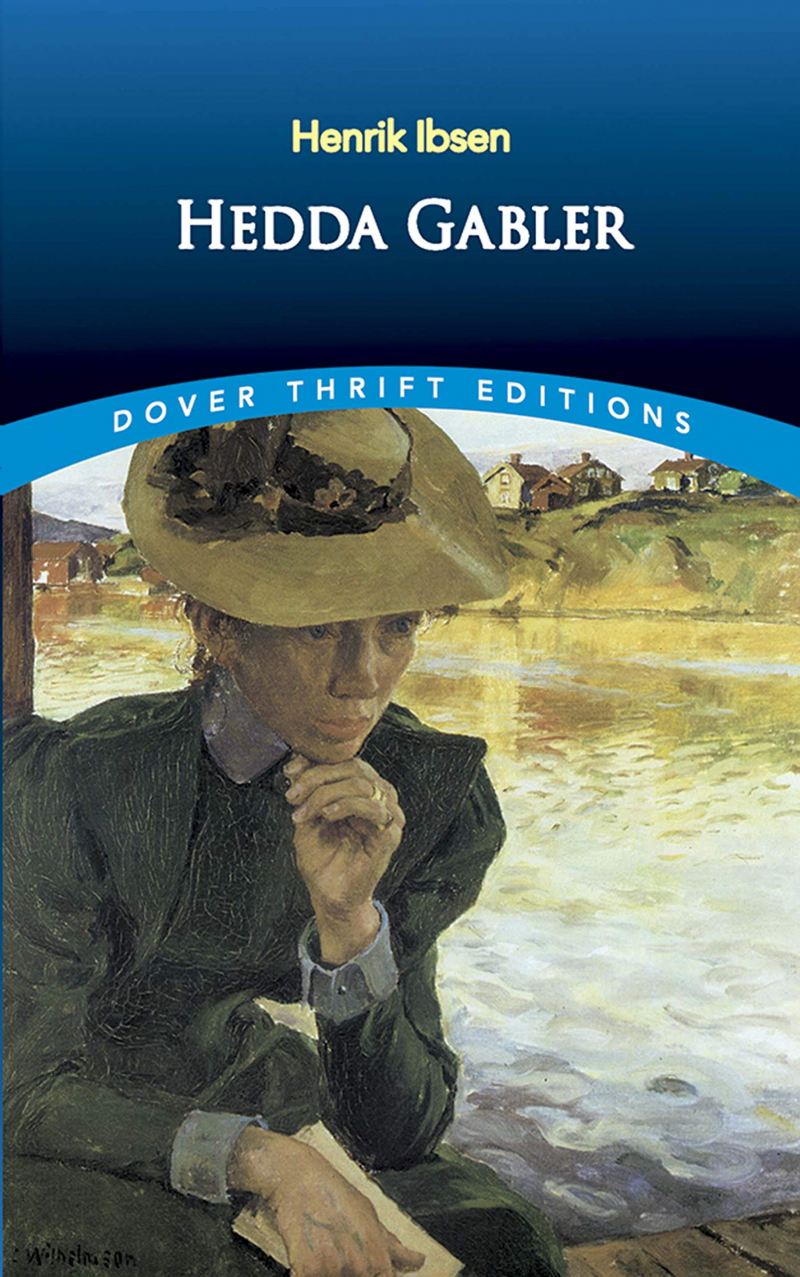Hedda Gabler by Henrik Ibsen

Henrik Ibsen, a Norwegian playwright, is the author of the play Hedda Gabler. At Munich's Residenztheater on January 31, 1891, the world premiere performance took place. Ibsen himself was present, though he stayed in the wings. Within the categories of literary realism, theatre from the nineteenth century, and international theater, the play has been canonized as a masterpiece. Up to his explorations into modern drama, Ibsen primarily composed realistic plays. The play Hedda Gabler dramatizes the struggles of the main character, a general's daughter who is shackled to an unwanted marriage and home.
What should a lady do if her marriage is awful? Ibsen, a Norwegian playwright, responded to questions throughout his career. With Hedda, suicide ends up being the only way out. Although Hedda doesn't deliver nearly the same feminist blow as another Ibsen play (A Doll's House, in which Nora just left), Hedda is nonetheless present for that reason. This play unequivocally displays Ibsen's commitment to forcing his viewers to think about feminist issues in the 19th century by giving them such a bleak conclusion.
Hedda Gabler's title character is regarded as one of the greatest dramatic roles in theater overall. The play got unfavorable comments and reviews in the year after its release. Some people have compared Hedda Gabler to a female version of Hamlet.
Written by: Henrik Ibsen
Created: 1890
















